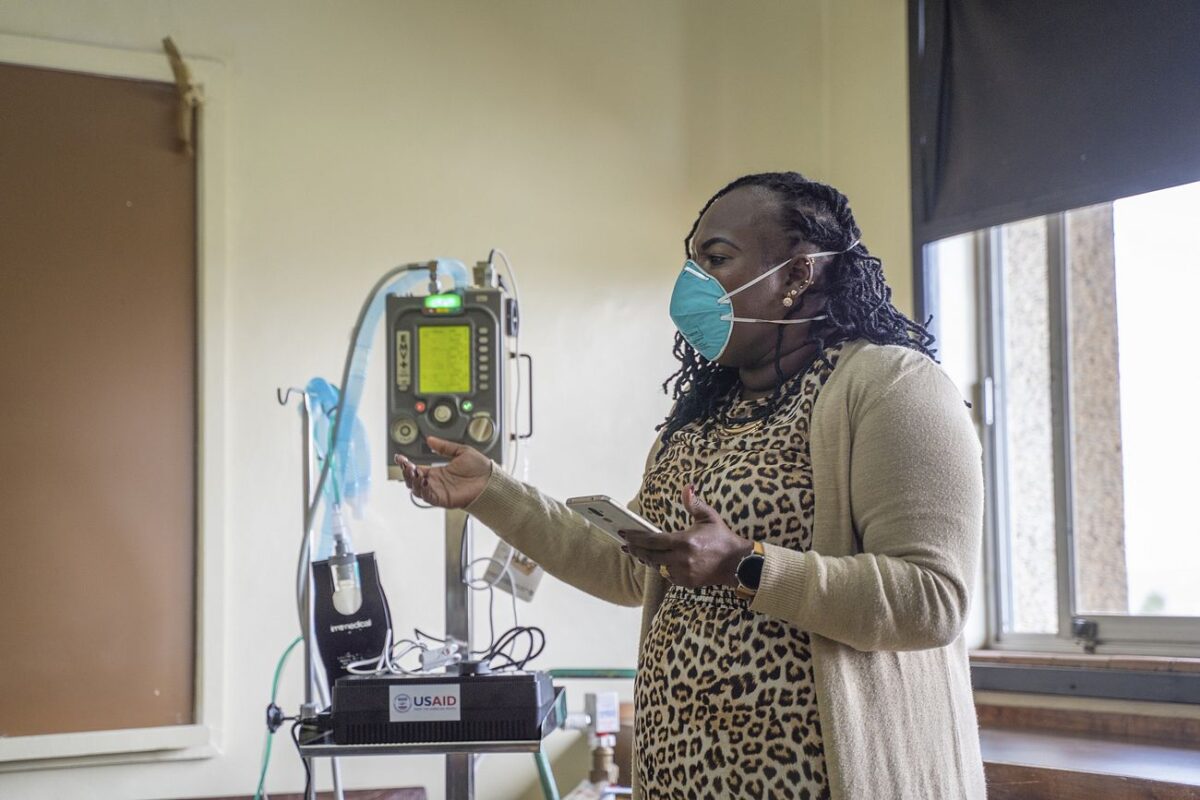Internet inclusion in Kenya: A journey towards digital equity
Kenya is a top country in Africa for internet access, with over 50% of people online. However, there’s still a digital divide, with some areas and groups having less access. Internet inclusion means everyone having access to and being able to use the internet, which is important for development and empowerment.
The importance of internet inclusion in Kenya
The internet is a powerful tool for social and economic development. It can help to:
- Improve access to education and healthcare
- Create new jobs and opportunities
- Empower citizens to participate in democracy
- Promote social inclusion and cohesion
In Kenya, the internet is already having a positive impact on people’s lives. For example, farmers are using the internet to get access to market information and agricultural best practices. Students are using the internet to learn new skills and access educational resources. Entrepreneurs are using the internet to start and grow businesses.
Challenges to internet inclusion in Kenya
Despite the progress that has been made, there are still a number of challenges to internet inclusion in Kenya. These include:
- Affordability: The cost of internet access and devices can be prohibitive for many Kenyans.
- Infrastructure: Internet infrastructure is not evenly distributed across the country, with rural areas having less access to high-speed internet.
- Digital literacy: Many Kenyans lack the skills and knowledge to use the internet effectively.
What is being done to improve internet inclusion in Kenya?
The Kenyan government is committed to improving internet inclusion. It has developed a number of initiatives, such as the National Broadband Strategy and the Access to Government Information and Services Act.
The private sector is also playing a role in improving internet inclusion. For example, telecom companies are offering affordable data plans and smartphone devices. Non-profit organizations are also working to provide digital literacy training and support to marginalized communities.
The way forward
To achieve full internet inclusion in Kenya, it is important to address the challenges of affordability, infrastructure, and digital literacy. This will require a concerted effort from the government, the private sector, and civil society.
Here are some specific steps that can be taken:
- Make internet access more affordable: The government can work with telecom companies to reduce the cost of data plans and devices. It can also provide subsidies to low-income households.
- Expand internet infrastructure: The government can invest in expanding internet infrastructure to rural and underserved areas. This could involve partnering with the private sector or building public-private partnerships.
- Provide digital literacy training: The government and non-profit organizations can provide digital literacy training to marginalized communities. This will help them to develop the skills and knowledge they need to use the internet effectively.
By addressing these challenges, Kenya can ensure that all of its citizens have the opportunity to benefit from the internet.




